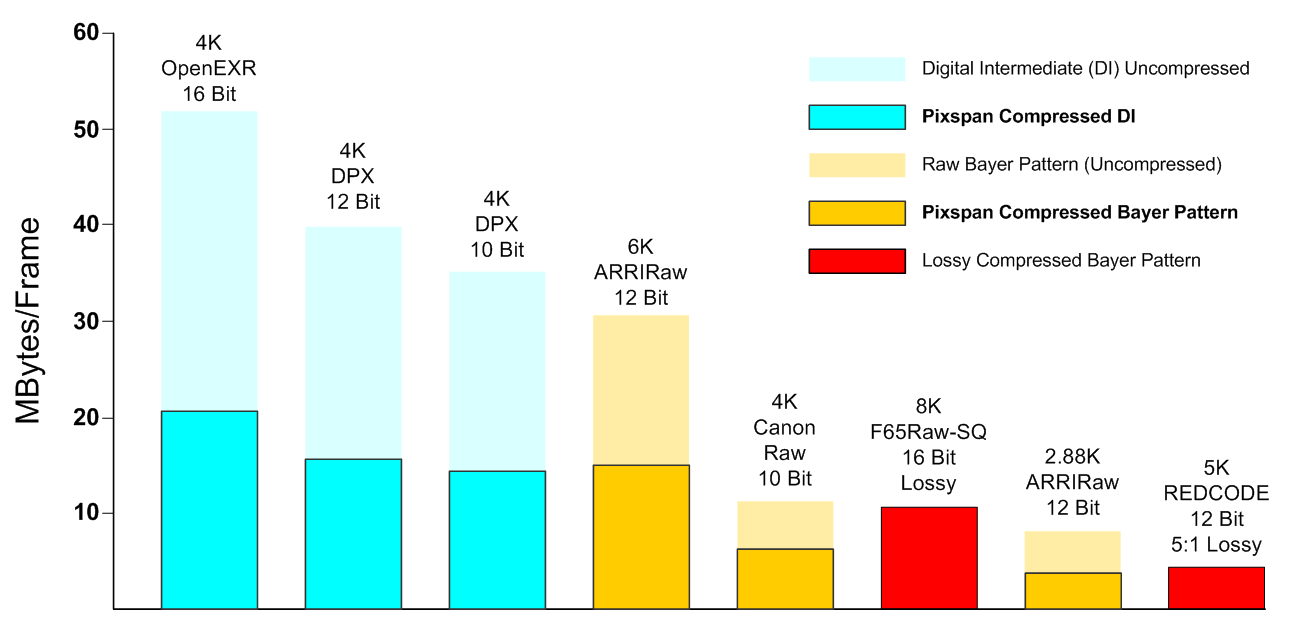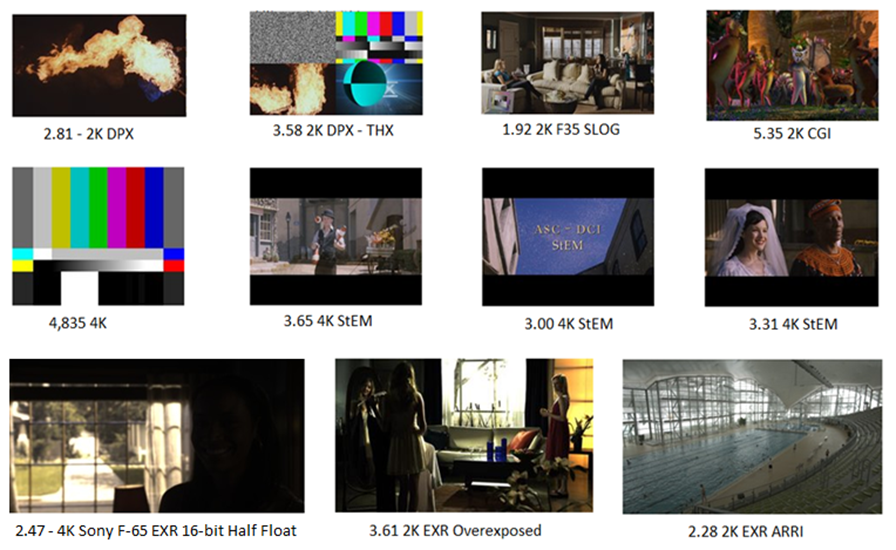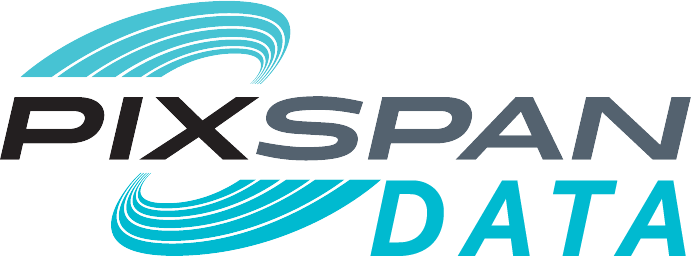MEDIA AND ENTERTAINMENT

Industry Trends
The industry is experiencing exponential growth in data sizes due to increased resolutions (4K, 6K, 8K), and this growth is being further multiplied by new requirements for High Dynamic Range (HDR) and High Frame Rates (HFR).

One of the ways the industry has responded to these challenges is by applying ever increasing computing to process the imaging components. The processing requirements are far outpacing the ability of increases in CPU compute density, and the industry is performing much of the workload on GPU platforms. GPUs, such as the NVIDIA Quadro M6000, provide Teraflops of processing capabilities, Gigabytes of RAM, and an extremely high speed interface to the host computer. Traditional CPU algorithms, i.e. algorithms that are not standard image processing algorithms, are now being redesigned to take advantage of the immense parallelization and raw processing power of these high-end GPU platforms.

NVIDIA Quadro M6000
Many new algorithms are being applied to the Media and Entertainment Workflow to reduce the burden of Storage and Transmission for the increased data load. Pixspan Data has partnered with NVIDIA to allow the Pixspan Data Solution to be applied to the highest of data requirements in the Media and Entertainment industry, an environment where exactly preserving the creative intent of the filmmaker is paramount. Pixspan Datais using NVIDIA GPUs with CUDA to massively parallelize most components of the compression algorithm as well as providing support for the Pixspan Data Container components (thumbnails and integrity checking). With support of a single M6000, Pixspan Data can provide Bit Exact Round Trip™ Compression to Full Resolution playout and processing at real time 4K speeds. Pixspan Data can also utilize multiple GPUs to process even higher data rates.
Pixspan Data Solution
Pixspan Data focuses on the largest image formats in the Media and Entertainment vertical, the high resolution Digital Intermediates and the full resolution Camera Raw formats. For these high-value images, Pixspan Data presents a full solution including libraries that can be incorported into a Creative Application (Pixspan Data is incorporated into the Autodesk Flame family of products) and WAN Transfer Applications, command line tools that can be incorporated into Creative Workflows, and the PixMover Application, a GUI-based Workflow tool.

Pixspan Data software can scale from a single CPU platform to a high-end Workstation platform that includes multiple GPUs.
Supported Image Formats
The supported list of DI and Raw Camera formats include:
- DPX
- Cineon
- OpenEXR
- TIFF
- ARRIRaw for the Alexa 35
- ARRIRaw for the Alexa 65
- Canon c500 Raw
With Bit Exact Round Trip™ Compression, the compression ratios for images is dependent on the content of the frame. On average, Cinematic material in a Digital Intermedia format achieves a 2.5:1 Compression Ratio, which is a 60% savings. Savings for Camera Raw formats is typically 50%, or a Compression Ratio of 2:1. The following diagram illustrates the Storage savings with Pixspan Data compression for selected supported Image formats:

Working with Images in Hollywood is focused on the Workflow, from Set to Post, Management of Images in Post Processing, Supporting Geographically Disbursed Workforces, and delivery of Masters to the the Studio. Please see information about these workflows in the web pages under the Technology and Case Studies Navigation categories.
Examples of Pixspan Data Compression Ratio (i.e. Source Image Size/Compressed Size) of Hollywood Test Material:




